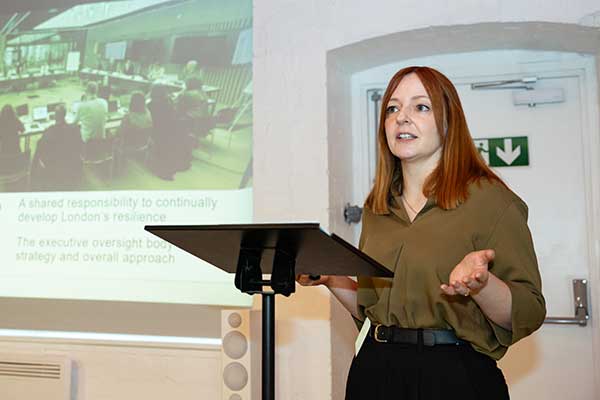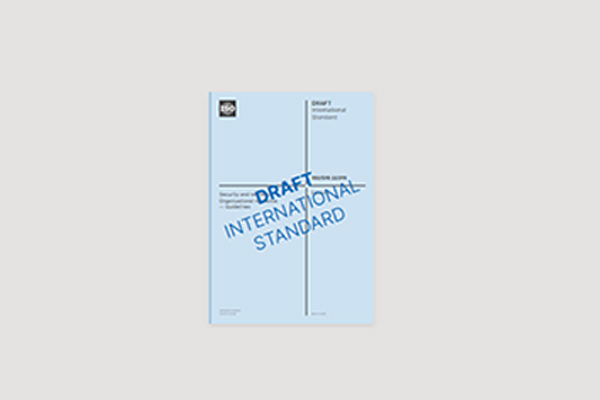Resilience in action: Fitzrovia
Marcus Oxley, Consultant, Resilience First
Business resilience has conventionally been approached in relative isolation, which is slightly incongruous in our increasingly inter-connected and inter-dependent world.
At Resilience First, our view is that inadequate consideration has been given to how businesses interact, and potentially collaborate, with their neighbours – the other local business and organisations that surround them. There is more to gain by working together than not.
Our mission is to strengthen the urban resilience of business communities in UK cities and beyond and so this summer we initiated a pilot project focusing on the Fitzrovia district of central London.
This involved more than 50 face-to-face meetings and the completion of 35 rapid resilience assessments with large and small businesses and social enterprises to identify the major disruptors, shocks and stresses that organisations have to absorb and adapt to.
The survey identified a range of social, economic and environmental shocks and stresses that impact daily operations. These included transport network disruptions, property rent and business rate increases, adverse weather, construction and building works, increasing digitalisation and cyber security incidents, acts of terrorism, and changes in government policy and legislation.
The rapid resilience assessment highlighted some of the area’s relative strengths and weaknesses. Fitzrovia has a strong identity that defines the area and it benefits from a diverse mix of businesses and enterprises.
However, despite the considerable resources and capacities within a shared geography, individual businesses are not well connected and do not know other each other beyond immediate surroundings, suggesting an opportunity to use resilience improvement to also improve social cohesion and connection.
Whilst businesses recognised the importance of learning from past incidents, they are not benefitting from a mutual exchange and sharing lessons learned or good practice with each other.
Encouragingly, the survey highlighted clear interest among participants to collaborate and engage in activities to strengthen community resilience: 82% of those who participated were willing to outreach to other neighboring businesses and 79% were interested in working with other local businesses to develop a joint local resilience action plan.
We’re now consulting and discussing the results to identify possible next steps to improve the resilience of the Fitzrovia business community through concerted and collective action.
Resilience First members can read more about the Fitzrovia project in our September newsletter, out later this week.
For further reading, please visit our Knowledge Hub.



